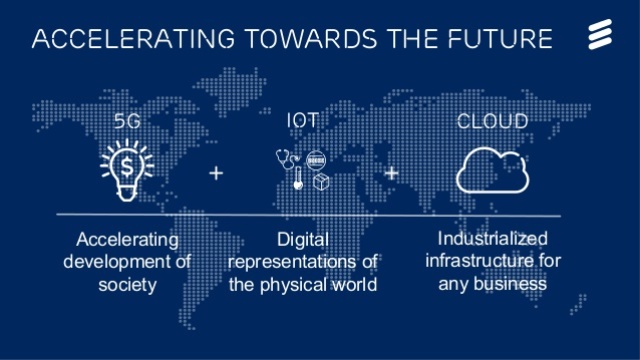Leading German industrial companies — Volkswagen, Siemens and BASF — are looking to acquire regional licenses to run 5G mobile networks during the 5G spectrum auction, Reuters reported.

5G offers data-transmission speeds up to 100 times faster than existing 4G LTE networks, as well as ultra-low latency. It’s also superior to existing local networks that run on WiFi. The technology can support networked factories or self-driving cars.
Telecom industry association GSMA already indicated that telecom operators need to focus more on enterprise offerings to realize better ARPU from their 5G network investments and the main focus should not be connectivity services to individual customers.
BNetzA, the federal network regulator, will offer regional licenses on relatively easy terms for spectrum in the 3.8 Gigahertz and 26 Gigahertz range. This is suited to building dedicated networks for industrial complexes and research campuses that German companies are developing under the Industrie 4.0 initiative.
Submissions for participating in the 5G spectrum auction in Germany are due on Friday. Deutsche Telekom, Vodafone, Telefonica Deutschland and 1&1 are expected to submit their bids. 1&1 will take its decision on Thursday. The allocation of regional 5G licenses and nationwide 5G license will happen at the same time.
“We can’t wait for the network operators to be ready – we are in the midst of Industrie 4.0,” said a spokesman for Siemens, the industrial conglomerate based in Munich.
Volkswagen
Volkswagen, the world’s largest carmaker by volume is planning to apply for 5G spectrum so that it can run networks inside the factory. Volkswagen’s premium car unit Audi is already working with Swedish network equipment supplier Ericsson to test a 5G laboratory that is exploring networked, digital production methods.
BASF
BASF, the German chemicals giant, will apply for a local 5G license as part of its drive to digitalize production. The company has 600,000 networked sensors and other devices at its main production facility in Ludwigshafen on the Rhine, a figure the company says could easily rise tenfold.
“That’s why we need 5G,” said a BASF spokeswoman. “In addition, staffs are being issued with tablets and virtual-reality goggles to guide them on maintenance jobs – another use that works better with 5G.”
Siemens
Siemens, the industrial conglomerate, says it is interested in acquiring regional 5G licenses, for example for its Siemennstadt production facility in Berlin or its plant in Erlangen. 5G is vital to make it possible for the machinery and equipment to communicate directly. Siemens offers a platform called Mindsphere that can manage and analyze industrial processes and propose ways to improve efficiency.
